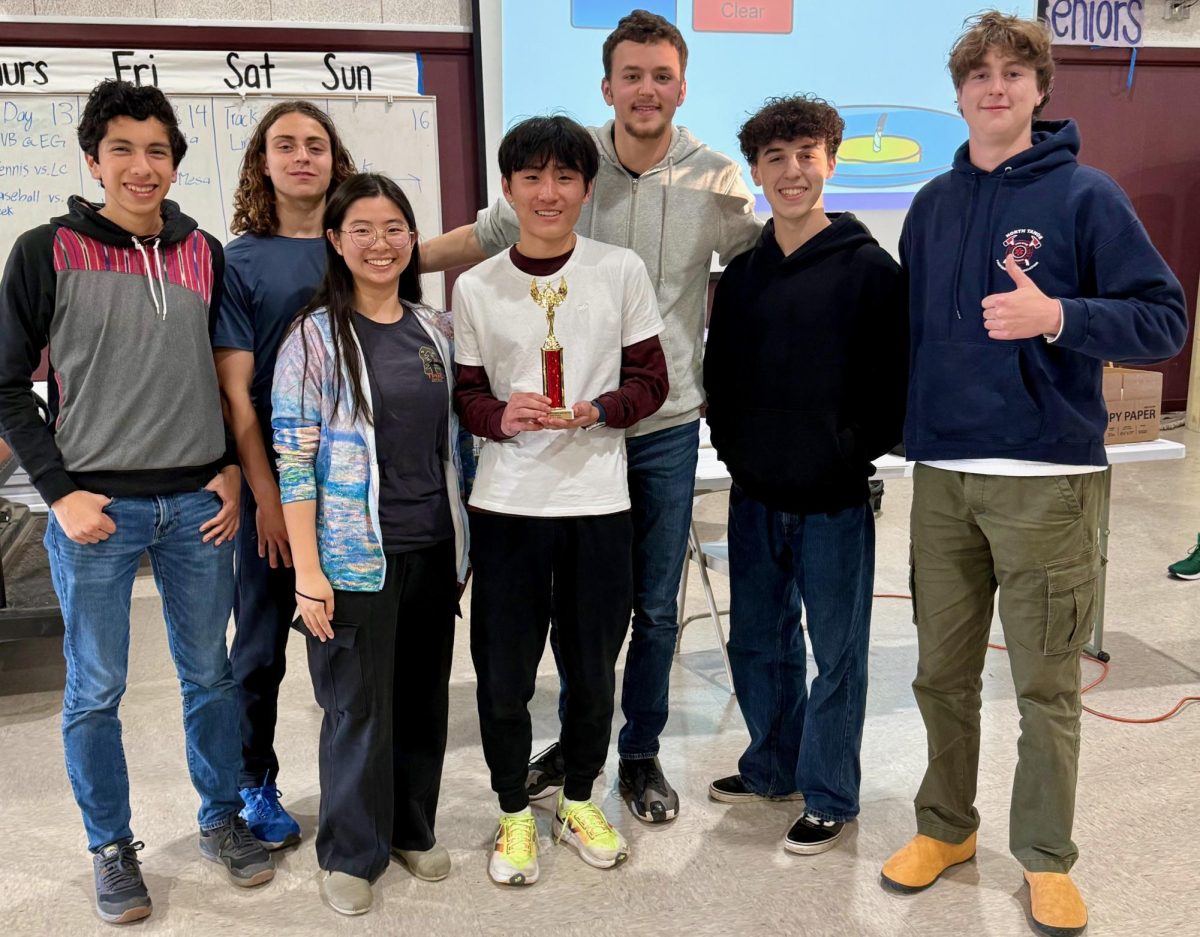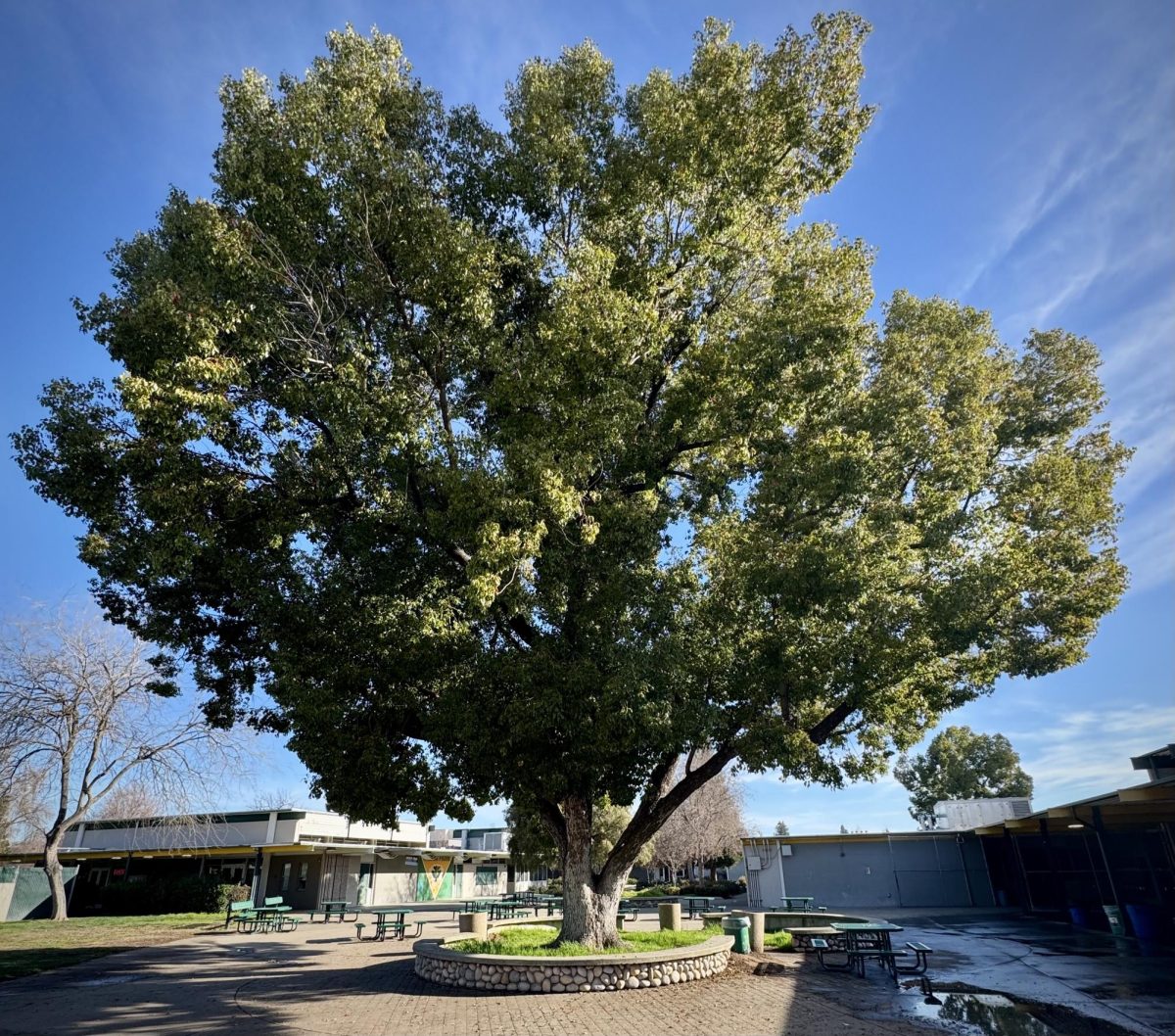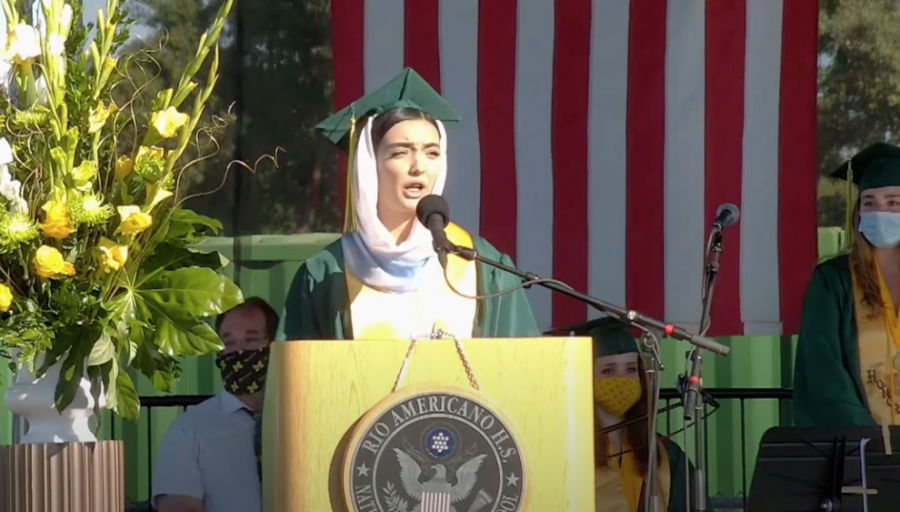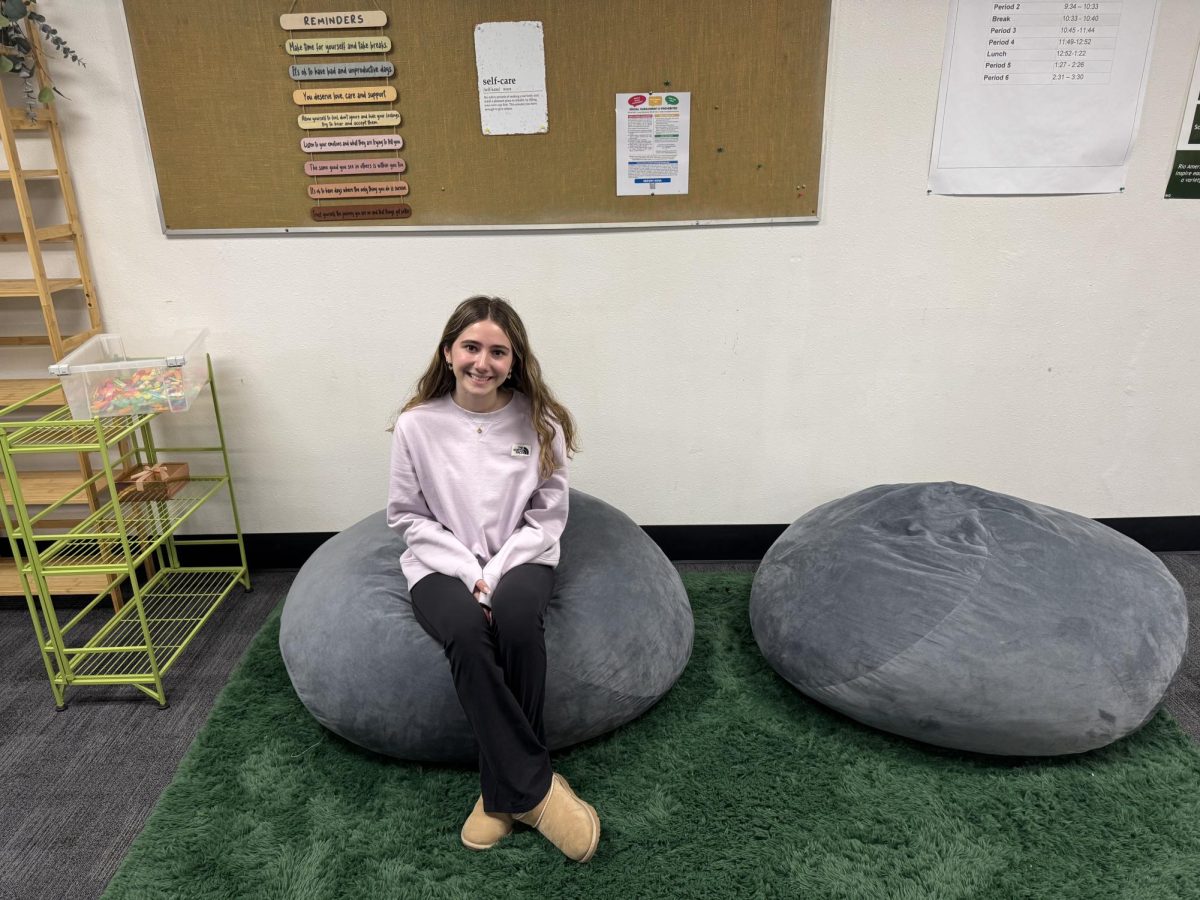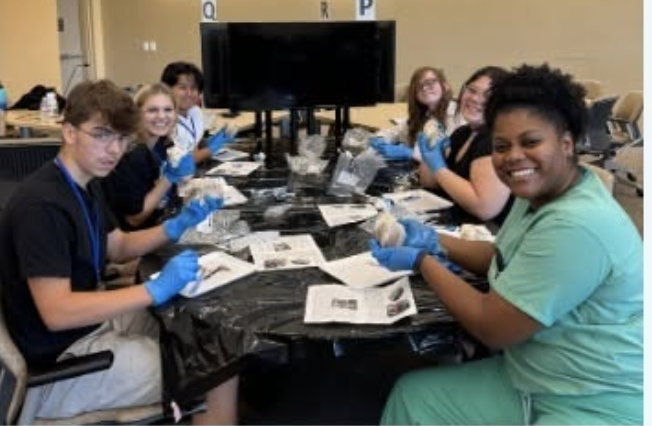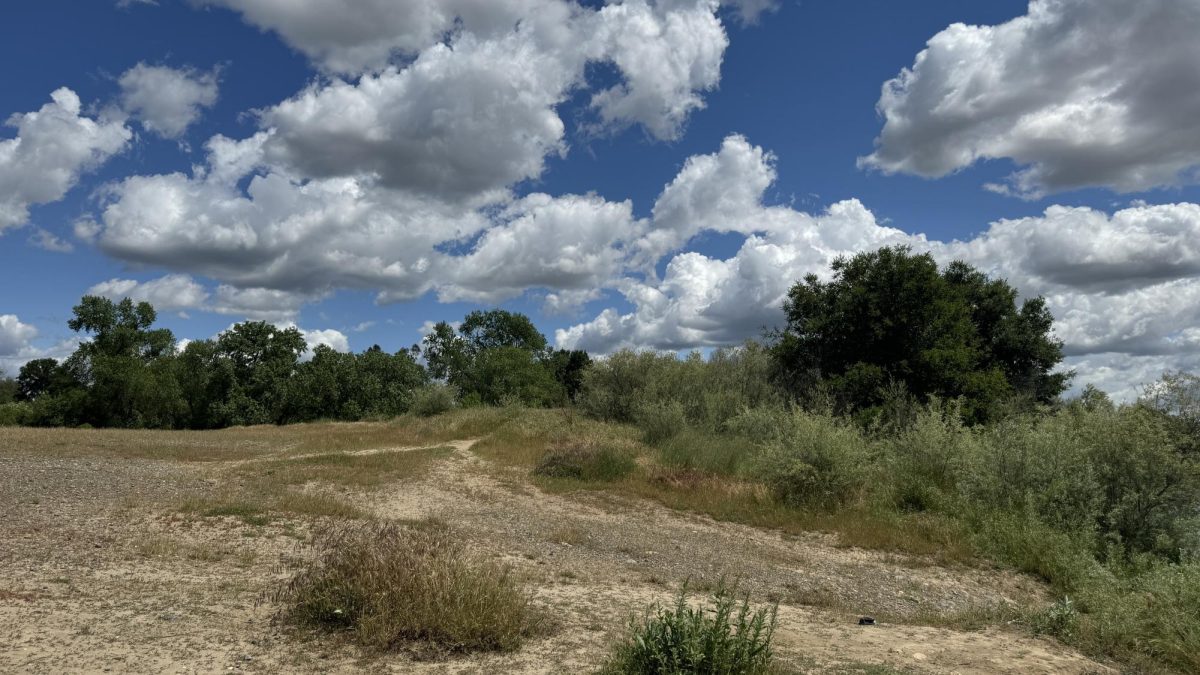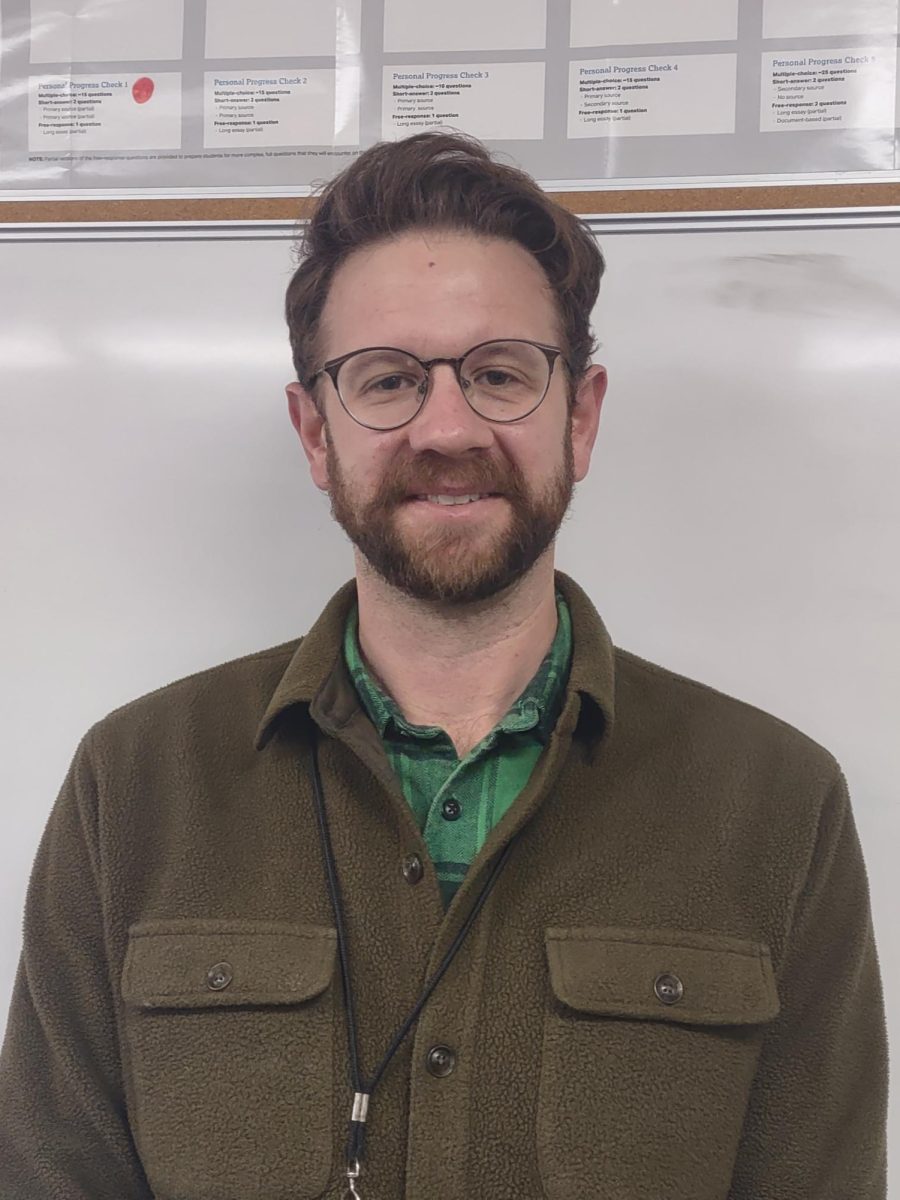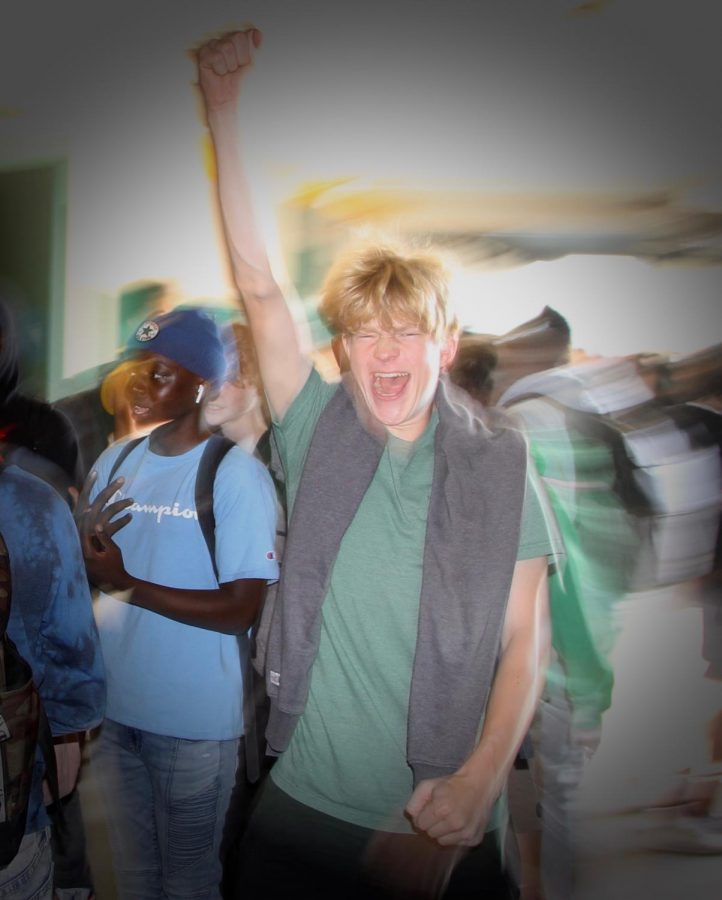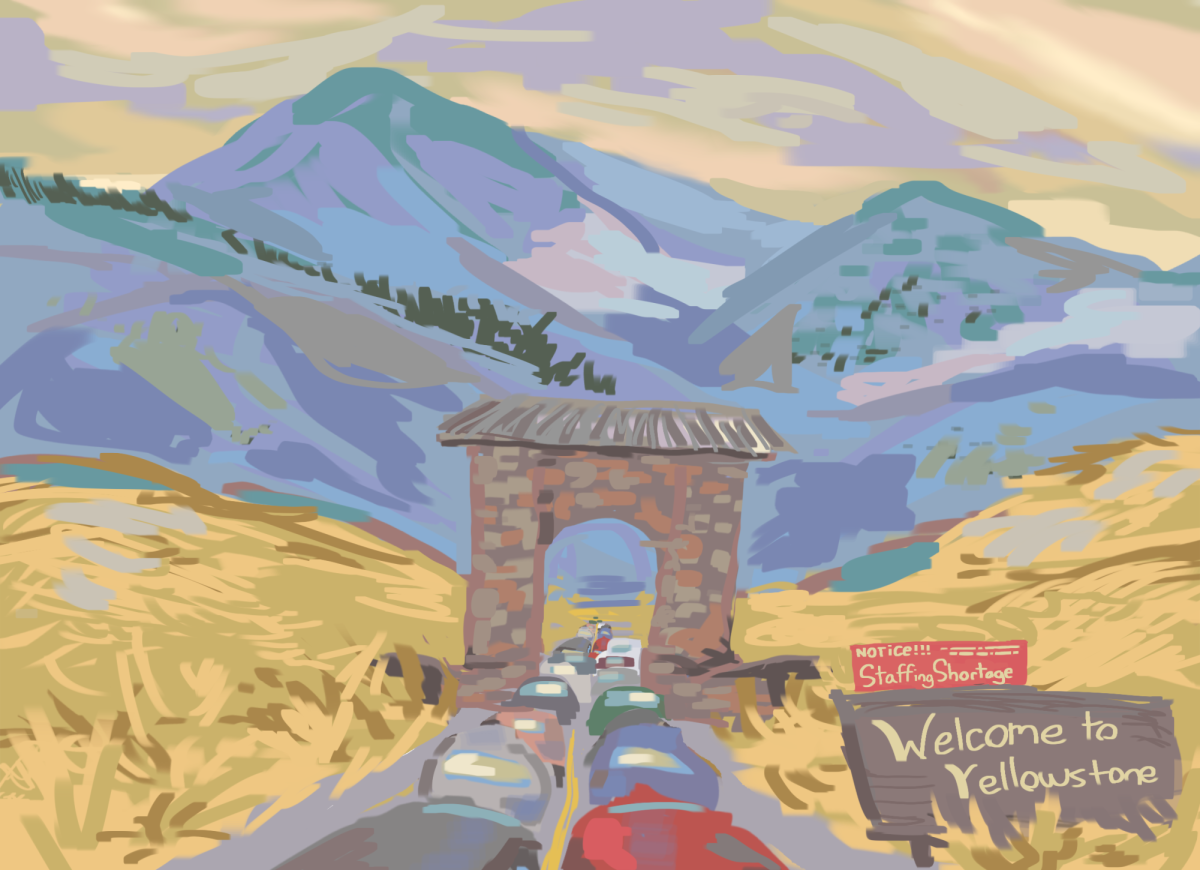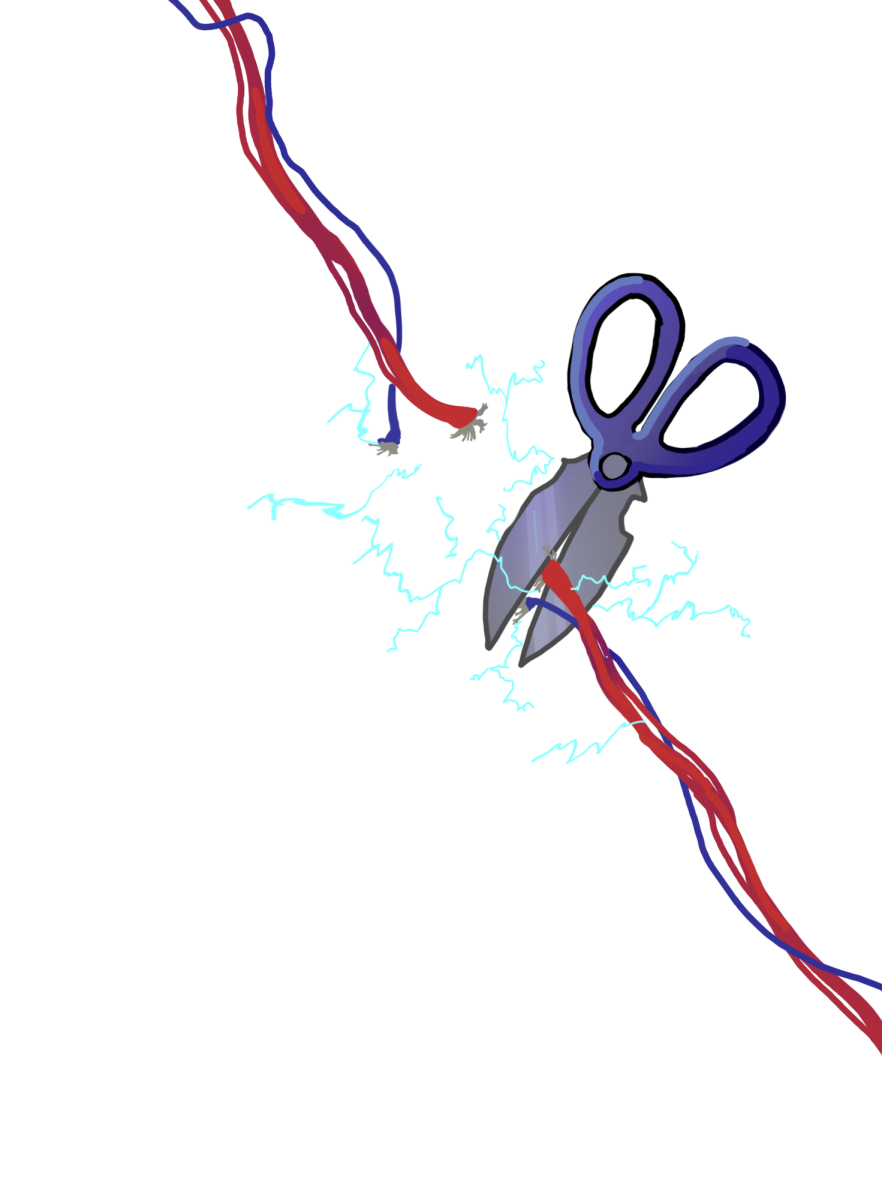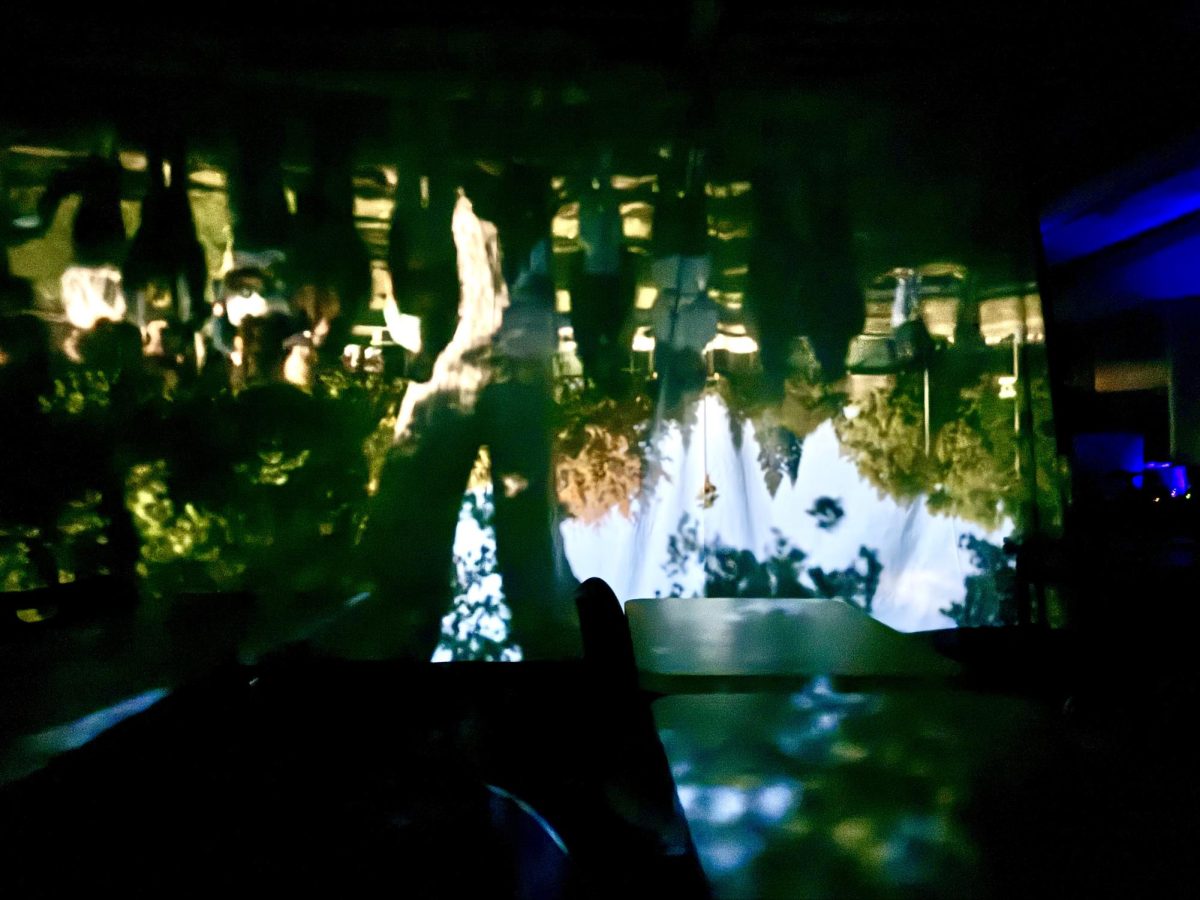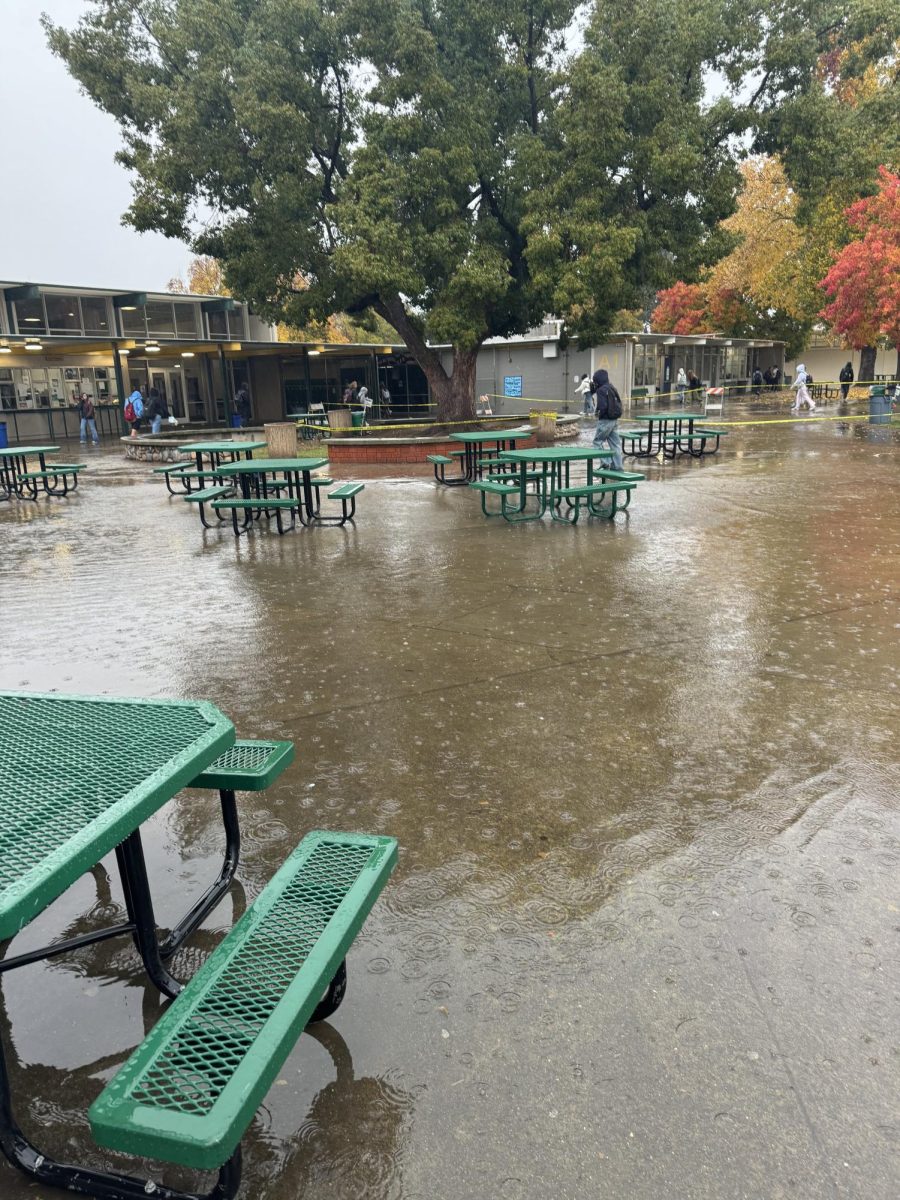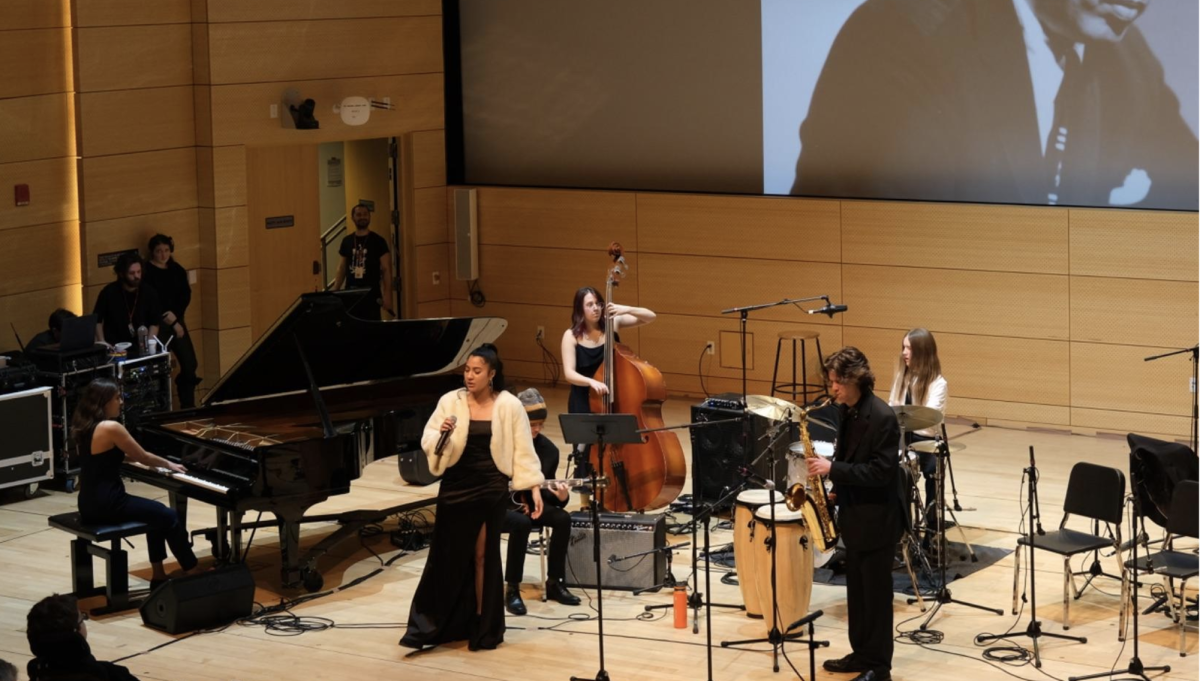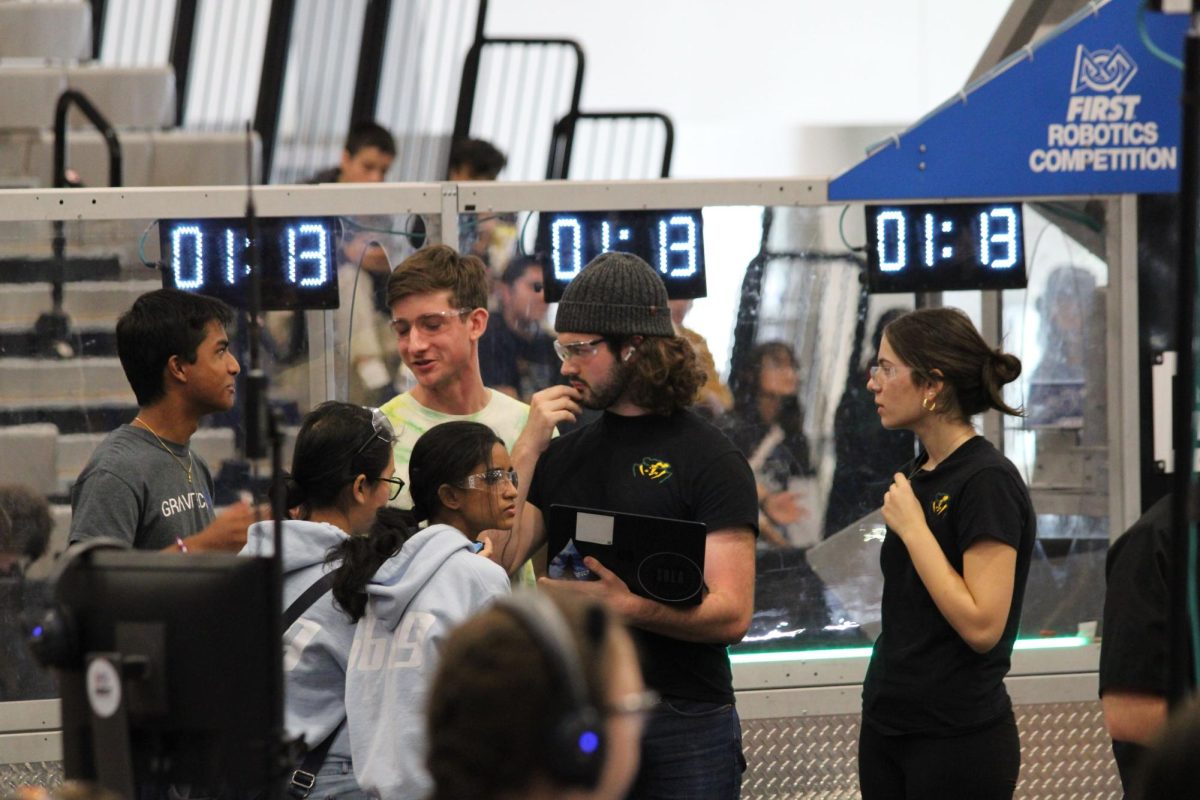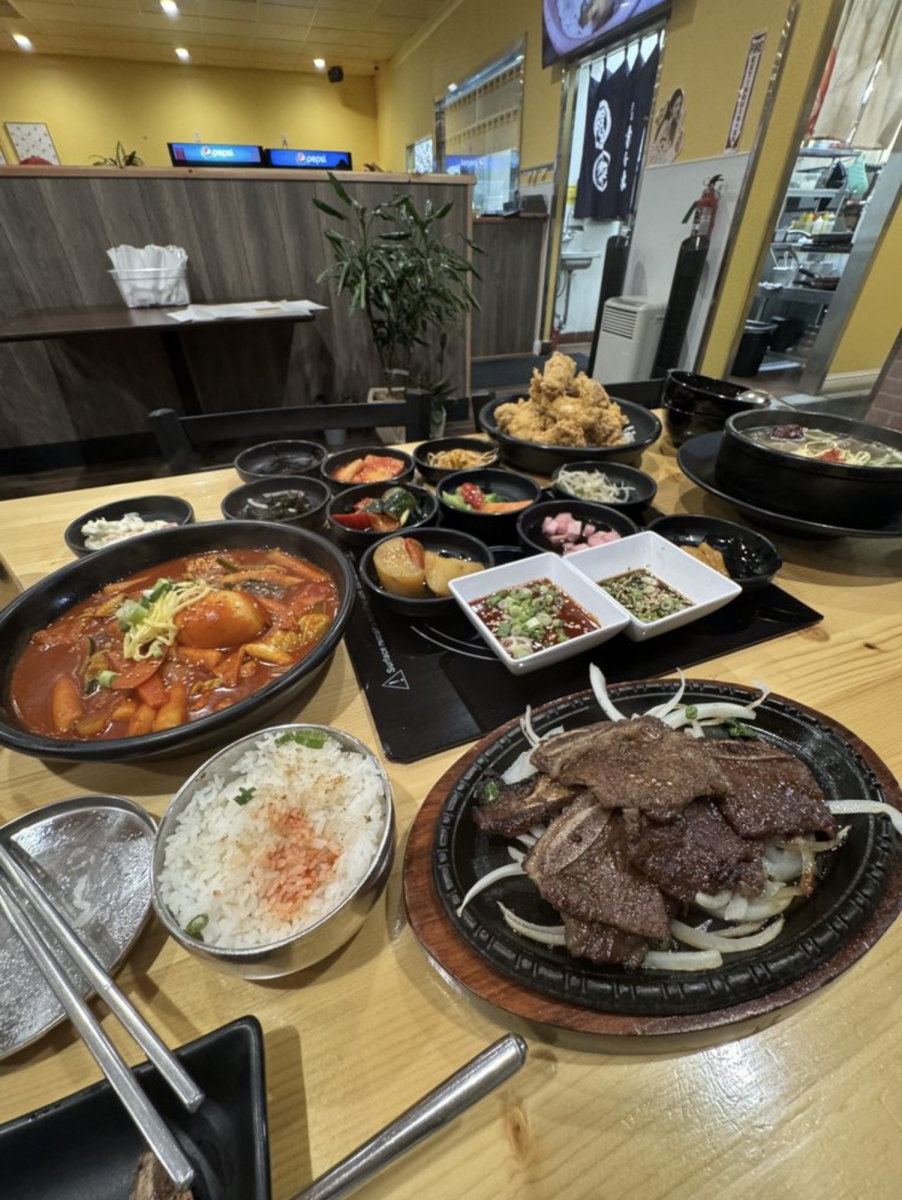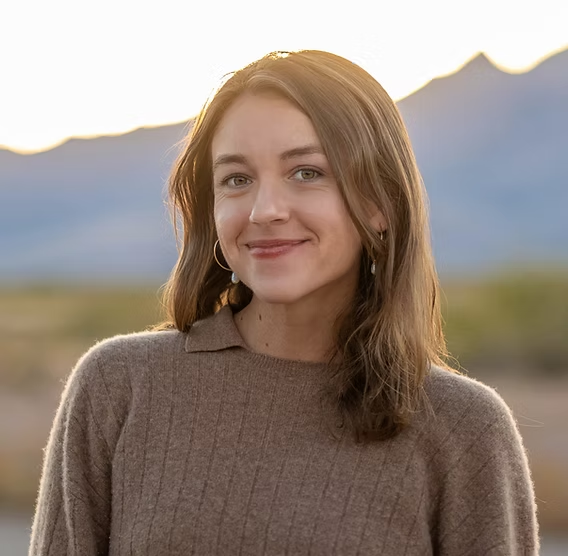
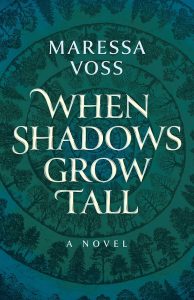
With her debut novel, “When Shadows Grow Tall,” Rio Americano alumnus Maressa Voss delves into the complexities of truth, perception, and authority.
The fantasy novel follows the separate stories of a young woman and a pair of druid wizards standing up against authority in a land known as the Grasp, where rights are being violently suppressed by an authoritarian king and his magician enforcer. Voss began writing the novel in 2020 just before election season.
“It became obvious to me that consensus reality—the shared understanding of truth within society—was fracturing,” Voss said. “That realization sparked the world-building for the book, particularly the ‘dactyli,’ an order of druids dedicated to objective truth, now struggling against a society more interested in security and comfort.”
In an email interview with the Mirada, Voss spoke about her thought process in writing the novel, her journey as a writer, and reflected on her high school experience.
Born and raised in Sacramento, Voss (who attended Rio as Maressa Garner) grew up as the eldest of three sisters. During her time at Rio, Voss was an honor student, a yearbook editor and a three-sport athlete, playing volleyball, softball and basketball.
She attended UC Santa Barbara, where she majored in Classics with an emphasis on Language and Literature. Originally a Biology major, she realized she had no interest in advanced mathematics and transitioned through History and Anthropology majors before settling on Classics. She still lives in Santa Barbara with her husband and young son.
Beyond writing, Voss works as a small business consultant, drawing from her background in the natural foods industry. She also does gig work as a beta reader and developmental editor.
The journey to becoming a writer wasn’t immediate, but the seeds were always there, Voss said. She always loved books and storytelling, often writing short stories and poetry. However, it wasn’t until the world was upended by COVID-19 in 2020 that she seriously pursued writing.

“I had this window-opening moment where I asked, ‘Why not now? Why not me?’” she said. “I totally wished I’d started sooner.”
Through her writing, Voss explored the impact of technology and social media, which have enabled people to live in vastly different realities. Even though the book is set in a premodern world where druids wield magic power, this theme is at the core of the novel, examining the consequences of misinformation and the struggle for truth.
“I want young readers to understand that questioning authority and seeking truth is not only valid but necessary,” Voss said. “It’s about maintaining curiosity and integrity in a world that often pushes for conformity.”
She also wanted to show that rebellion isn’t always a grand, dramatic gesture.
“Sometimes it’s in the small choices we make every day—questioning something that doesn’t feel right, speaking up when it would be easier to stay silent, or simply refusing to participate in systems that feel wrong,” she said.
Language plays a crucial role in the book, as reflected in the protagonist’s father, a printer who runs afoul of the government.
“Words shape our world—they can manipulate, enlighten and transform,” Voss said. “In my book, the struggle over language and truth mirrors the struggles we see in our own world.”
While every character holds a piece of Voss’ perspective, she relates most to Lovelace, a scout who seeks young dactyli–those born with a magic power–who are increasingly being murdered before he can reach them.
“Lovelace starts as an optimist who wants to believe in goodness, but time and circumstance make it harder for him to hold onto that belief,” she said. “That struggle is very personal to me.”
As for future projects, Voss is working on a near-future dystopian novel set in Santa Barbara, where she now lives. She calls it her “weird apocalyptic ‘Little House on the Prairie’” book.
“The premise is simply—95% of the American populace have either migrated to Mars or are in a first-come, first-serve line waiting to get there. But this isn’t a story about the ones who leave; it’s about the people who decide to stay,” she said. “It’s a story about community and resilience, and it’s a little bit absurd: the main character’s whole goal is to throw this epic dinner party even though civilization is crumbling before her eyes. It’s been a blast to write.”
Voss also confirmed that there will be two more books in the “When Shadows Grow Tall” series. She plans to begin writing the second book this summer.
For aspiring writers, her advice is simple: “Read. Write. Make friends who like to do those things. The two most practical things you can do to get better at writing are, one, to read and, two, to write. You’ll probably be really bad at first, but you’ll get a glimmer here and there of brilliance, and that’s what will keep you going.”
She emphasizes the importance of learning to self-edit, attending workshops, making writer friends and getting used to rejection.
“Most of all, do it (write) because you love it, because it enriches your short time here on earth,” she said.
Read about other authors who graduated from Rio Americano.
Adrian Tomine’s most recent grapic novel, “The Loneliness of the Long-Distance Cartoonist,” draws partly on his experiences in Sacramento, March 12, 2021
Jaimal Yogis ran away from Rio and became a noted author, Nov. 2, 2022
Shanthi Sekaran graduated from Rio in 1995 and has written several highly successful novels, Sept. 3, 2023

